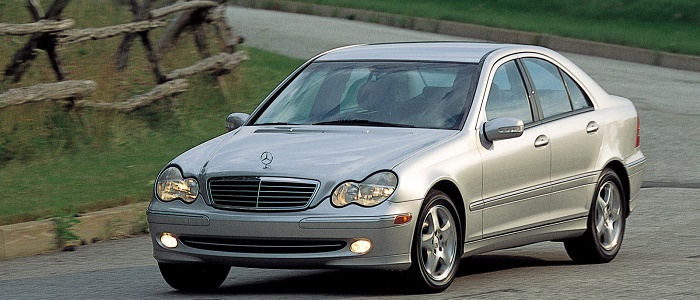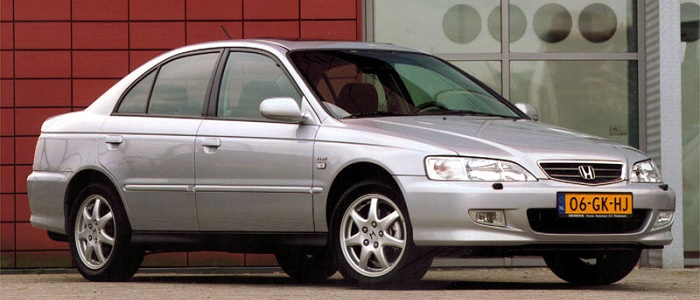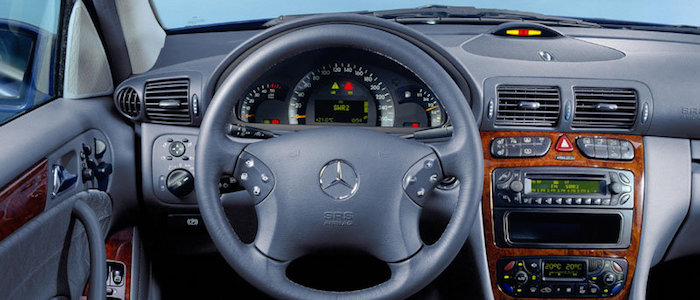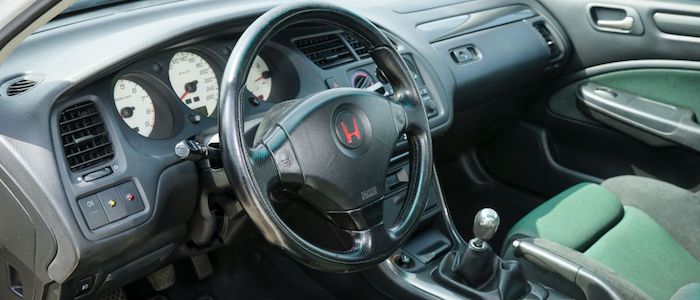Compare two cars
Compare any two cars and get our Virtual Adviser™ opinion
Dimensons & Outlines
Check vehicle history
Engine
2.6 M112 E26
Performance (manual gearbox)
Performance (automatic gearbox)
Expenses
Virtual Adviser's™ opinion
Two significantly similar cars, no doubt about that. Still, each one has something different to offer. Having both cars powered by petrol engines and utilizing the 4-door sedan body style within the same 'Large family car' segment, the only major difference here really is their wheel drive configuration (rear for the Mercedes Benz and front in the case of the Honda). The first one has a Mercedes Benz-engineered powertrain under the hood, a 6-cylinder, 18-valves 170hp unit, while the other one gets its power and torque from a 4-cylinder, 16-valves 152hp engine designed by Honda.
SafetyThe first thing to look into here would be the results from European New Car Assessment Programme (Euro NCAP) tests performed on the two cars. Good thing is that both vehicles got tested, with the same number of safety stars gained in the process. Still, apart from the official crash test results there are other things we need to be aware of. Both vehicles belong to the large family car segment, which is generally a good thing safety-wise, still it doesn't help us solve our dilemma, does it? Furthermore, if we'd like to consider vehicle mass in this context too, which we definitely should, the German car offers a considerable difference of 10% more metal.
ReliabilityReliability is not the best thing to consider on the make level, but it is worth mentioning that Honda is significantly less fault-prone, at least on all of the models level. These are the official statistics, while our visitors describe reliability of Mercedes Benz with an average rating of 4.3, and models under the Honda badge with 4.7 out of 5. The same official information place C as average reliability-wise, and Accord is more or less at the same level.Above it all, drivers of cars with the same engine as the German car rank it on average as 4.7, while the one under the competitor's bonnet gets 4.5 out of 5.
Performance & Fuel economyMercedes Benz is a bit more agile, reaching 100km/h in 0.7 seconds less than its competitor. In addition to that it accelerates all the way to 235 kilometers per hour, 25km/h more than the other car. When it comes to fuel economy an obvious choice would be the Japanese car, averaging around 8.6 liters of fuel per 100 kilometers (33 mpg), in combined cycle. That's 29% difference compared to the German car!
Verdict
Honda appears just a bit more reliable, although the difference is truly marginal. The most important thing when deciding between any two vehicles should always be safety, both passive and active. In my opinion, everything taken into account, the German car offers significantly better overall protection, taking the lead here. It all continues in the same direction, with Mercedes Benz outracing its opponent in any situation possible, making it better choice for boy racers. It does come at a cost though, and that's the fuel consumption... No mistake, whatever you decide here, but I'd still go for the Honda. Anyway, that's the most objective conclusion I could've came up with and it's based solely on the information found on this website. Aspects such as design, practicality, brand value and driving experience are there for you to measure them out. In case you have two minutes to spare I invite you to define your needs, desires and budget and see which car would be chosen by the virtual adviser™, among thousands of similar, yet so different vehicles.































